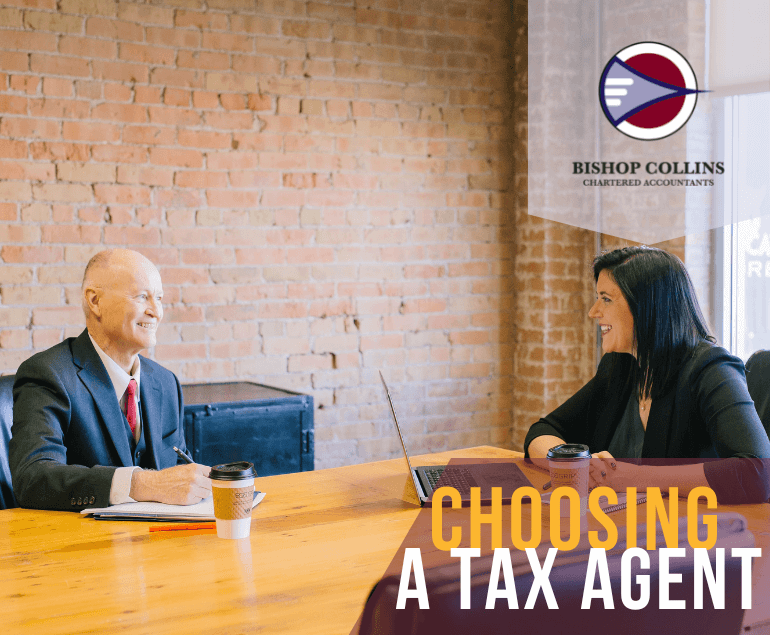Albert Einstein once said “Any fool can know. The point is to understand… If you can’t explain it simply, you don’t understand it well enough.” I have used Einstein’s quote to illustrate the importance of seeking advice from those that know the tax rules, understand them and know how they can be used effectively.
This article is a self serving article and so I also used this quote to put pressure on us to explain our points simply. So here goes…
 Why Use a Tax Agent?
Why Use a Tax Agent?
Simply put, Australian Tax Law is now more than 14,000 pages dealing with countless specific scenarios. The Australian Taxation Office (ATO) provides some very good guidance on its website, however understanding the information takes years of practice and education. Just reading a little bit and ingesting what you have read is simply not enough to make informed decisions, and can be dangerous to try and do so.
You may have heard another famous phrase from Einstein; “A little knowledge is a dangerous thing.”
I want to use a recent statement from a new client to illustrate the dangers.
“I have heard that I can reduce tax by renting out the bottom level of my home and claiming part of the interest costs from my mortgage. Something called negative gearing.”
While this is true and can be used to reduce tax for each year, the future implications would have been very costly to this client. The reason why is that for the period of time the home is rented, a portion of the increase in the capital value then becomes liable to Capital Gains Tax. This would have ended up being considerably more than the benefit of the rent and the reduced tax.
In summary a tax agent will ensure you are claiming the correct deductions and applying the correct treatment to income so that you do not pay too much tax.
 How to Choose a Tax Agent
How to Choose a Tax Agent
The next thing to consider is getting the right tax agent for your specific needs. The following points are considerations that we recommend you make in order to assist you in choosing the right tax agent for your specific situation.
Use Tax Agents that are Members of a Professional Accounting Body
We would highly recommend that if you earn more than $180,000 and have more than a wage as income you consider a Tax Agent that is either a Chartered Accountant (CA) or Certified Practising Accountant (CPA). These Tax Agents must have a University Degree as well as undergoing 2-plus years doing postgraduate studies and over 3 years working experience in Tax and Accounting under a mentor. These professional bodies have additional insurance and have very strict ongoing training requirements and peer review processes to ensure their members technical ability is current and their work standard is cross checked. If one of these tax agents does anything wrong they are removed and they have lost their business so it is in their best interest to maintain the highest standard of work.
You Get What You Pay For
Choosing the cheapest agent like one from a franchise chain can be cost effective, but the tax returns can often be completed by staff that undergo very short training courses in tax while the owner of the franchise is the registered Tax Agent that often does not have time to review the returns. For simple salary only returns with no other deductions this can be a cost effective and safe method, but we don’t recommend them if you have a more complex tax return.
Experience Matters!
Consider the length of time the Tax Agent practice has been operating, as well as the years of experience of their Directors and the Managers as they will be the ones that review and attend to the details of your tax returns. The longer they have been in practice, the more experience they have in dealing with a variety of tax cases and tax rulings.
Specialty Tax Agents
Consider the Tax Agent’s other services and speciality areas as these can add significant value to you and your family’s tax position. An example would be if the Tax Agent also has experience in setting up Self-Managed Super Funds (SMSF) or experience with Tax Planning and Tax Structures for businesses and investments or experience with succession planning and estate matters.
Size Also Matters!
Consider and ask your tax agent of the type and size of their client base as this can indicate where your needs will sit with them.
Consider Fees and Charges
Consider how the tax agent charges their fees. Is it by the hour or a set fee where you have certainty and a clear scope of service to be done so you are fully aware of what you are paying for?
Transparency is Good
Finally, and equally as important is to consider if the Tax Agent has a way of dealing with complaints and asking for your feedback after they have completed the work so that there is a complete loop of responsibility.
 Let the Professionals Help You with Your Tax Returns
Let the Professionals Help You with Your Tax Returns
If you’re looking for advice on your specific situation when it comes to Tax Returns, then getting professional advice is a smart course of action. The team at Bishop Collins are experts in every aspect of tax and provide solutions to ensure your return is not only the maximum possible, but also legal!
Please reach out to us at Bishop Collins if you would like to seek professional advice on your tax needs.





 Why Use a Tax Agent?
Why Use a Tax Agent? How to Choose a Tax Agent
How to Choose a Tax Agent Let the Professionals Help You with Your Tax Returns
Let the Professionals Help You with Your Tax Returns